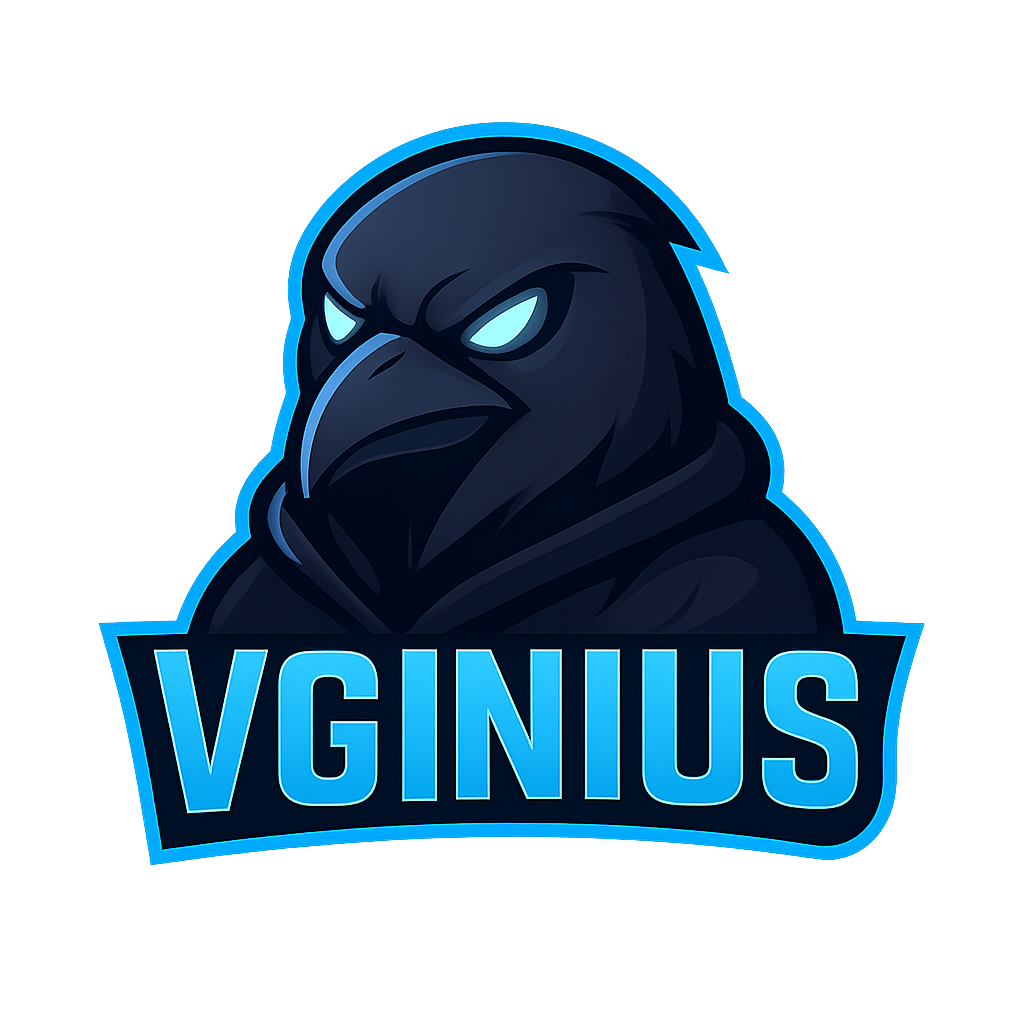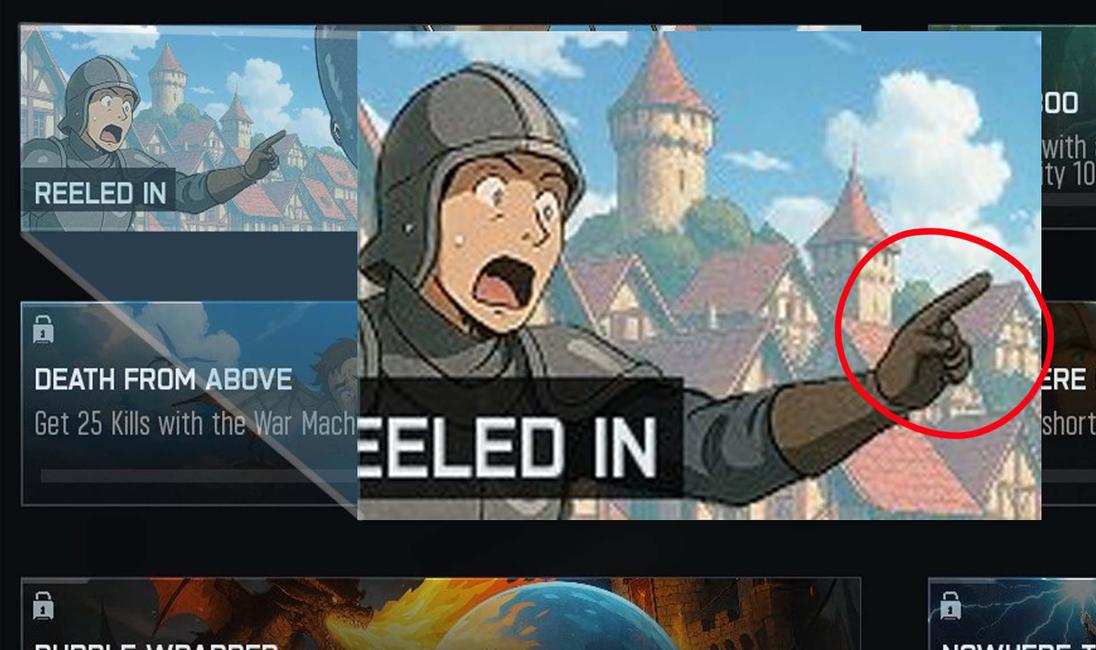Okay, let's talk about something that's been bubbling up in the gaming world – specifically, what Activision is doing with AI art, especially as it relates to the upcoming Call of Duty: Black Ops 7. Yeah, you read that right. AI art. In Call of Duty. I know, I know, it sounds like something out of a sci-fi movie, but here we are.
And, to be honest? I’ve got mixed feelings. On one hand, the potential for creating incredibly detailed and unique assets is huge. Imagine maps and character designs that evolve and adapt based on player behavior or even just procedural generation that spits out something totally unexpected. On the other hand... well, we'll get to the ethical considerations later. It's a minefield, that's for sure. And, frankly, a conversation that needs to happen.
So, what exactly is Activision saying about all this? Good question! Let’s dive in.
The Official Word (and What It Really Means)
Activision has been, shall we say, strategic in its statements. They've acknowledged the use of AI tools in their development pipelines – which, let's be real, is happening across the entire industry – but they’re also emphasizing the continued importance of human artists. It's a careful balancing act, trying to embrace the potential benefits of AI while reassuring artists (and players!) that robots aren’t about to take over the entire creative process.
But here’s the thing. When a company talks about “enhancing” human creativity with AI, you've got to wonder: what does that really mean? Are we talking about AI assisting with mundane tasks, freeing up artists to focus on the big picture? Or are we talking about AI generating core assets that are then tweaked by humans? The difference is pretty significant, and Activision hasn't exactly been transparent about the specifics. Actually, that's not quite right – they've been deliberately vague, and I suspect that's because the reality is somewhere in the middle.
Let me try to explain this more clearly. Think of it like this: imagine an AI that can generate a hundred different variations of a building facade in a matter of minutes. A human artist can then pick the best ones, refine them, and integrate them into the game world. Sounds great, right? Efficiency! Innovation! But what happens to the artists who used to spend hours designing those facades from scratch? Are they retrained? Reassigned? Or... well, you know. It's something that's been on my mind for a while.
Ethical Minefield: Copyright, Compensation, and the Future of Art
This is where things get really tricky. And I mean really tricky. The legal and ethical implications of using AI-generated art are still being debated, and there are no easy answers. Who owns the copyright to an image created by an AI? The programmer? The user who provided the prompt? The company that owns the AI? It's a mess.
And what about compensation? If an AI is used to create art that would have otherwise been created by a human artist, should that artist be compensated? Should there be some kind of universal basic income for artists displaced by AI? These are tough questions, but they're questions we need to start asking – and answering – now. The gaming industry isn't alone in grappling with these issues, but it's certainly on the front lines.
Furthermore, there is the question of what constitutes “art”. If a computer can generate an image based on a set of instructions, is that really art? Or is it just a sophisticated form of automation? I don’t know. Maybe it’s both. But it raises fundamental questions about creativity, originality, and the value of human expression. Which, honestly, keeps me up at night sometimes.
Black Ops 7: What to Expect (Probably)
So, what can we expect from Call of Duty: Black Ops 7 in terms of AI art? Well, if I had to guess – and I do, since Activision isn't exactly shouting it from the rooftops – I'd say we'll see a subtle but pervasive use of AI-generated assets. Think textures, background details, maybe even some character variations. The kind of stuff that most players won't even notice, but that will contribute to a richer, more detailed game world.
The big question, of course, is how this will affect the game’s overall aesthetic. Will it lead to a more visually stunning and immersive experience? Or will it result in a sterile, soulless world that lacks the human touch? Only time will tell. But I'm cautiously optimistic. I think. Maybe.
But, I do know that I am very interested in faraway trains. Maybe something will occur that I won't believe. But who knows?
FAQ: AI Art in Gaming - What You Need to Know
Is AI art going to replace human artists in the gaming industry?
Probably not entirely, but it will definitely change the landscape. AI is more likely to augment the work of human artists, taking on repetitive tasks and allowing them to focus on more creative aspects. There will be a shift in required skills, with artists needing to understand how to work with and guide AI tools. I wouldn't be surprised if we see new job titles emerge that focus specifically on AI art direction.
How do I know if art in a game was created by AI?
That's the million-dollar question, isn't it? It's becoming increasingly difficult to distinguish between AI-generated art and human-created art. In some cases, you might notice subtle imperfections or a lack of cohesive style. However, as AI models become more sophisticated, it will become even harder to tell the difference. Ultimately, transparency from developers is crucial.
What are the benefits of using AI art in game development?
The main benefits are speed and efficiency. AI can generate vast amounts of content quickly and cheaply, allowing developers to create larger and more detailed game worlds. It can also be used to create unique and unexpected assets, pushing the boundaries of visual design. The frustrating thing about this topic is that it opens up a new way to look at assets.
Could Activision's use of AI in Black Ops 7 affect the game's artistic style?
It definitely could! The extent of the impact depends on how heavily AI is used and how well it's integrated with human-created art. There's a risk of the game looking generic or lacking a distinctive style if AI is overused. However, if used thoughtfully, it could enhance the game's visuals and create a truly unique look. Let's hope they thread that needle carefully.
Ultimately, the integration of AI art into game development is a complex and evolving issue with no easy answers. It's a conversation that needs to involve artists, developers, players, and policymakers to ensure a future where AI enhances, rather than replaces, human creativity. Now that's something I can get behind. Maybe.





















